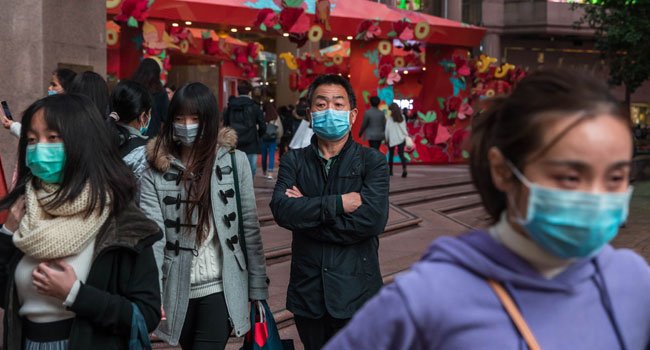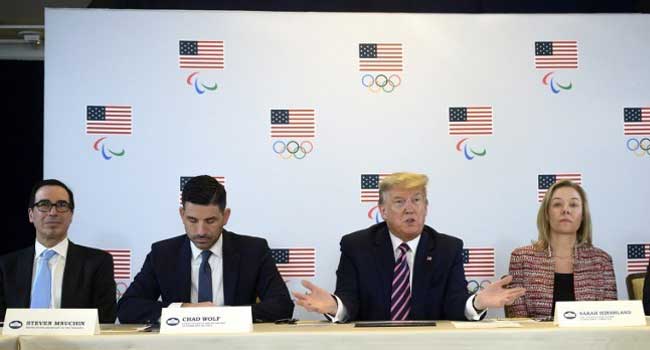The United Nations on Wednesday urged Yemen’s warring sides to “de-escalate violence”
A day after one of its agencies warned the conflict will have claimed 377,000 lives by year’s end. The Yemeni government, supported by a Saudi-led military coalition, and the Iran-allied Huthi rebels have been embroiled in conflict since 2014, resulting in what the UN calls the world’s worst humanitarian crisis.
“There is no sustainable military solution to the conflict in Yemen,” said UN special envoy for Yemen Hans Grundberg in a statement.
“All warring parties need to de-escalate violence and prioritise the interests of civilians over scoring military wins,” he said after a regional tour which included visits to Saudi Arabia, Iran and Egypt.
A UN Development Programme report said Tuesday that 377,000 people will have died by the end of 2021 through direct and direct impacts of the Yemen war.
Nearly 60 percent of deaths will have been caused by consequences such as lack of safe water, hunger and disease, it said, suggesting that fighting will have directly killed over 150,000 people.
Projecting the impact of continued fighting into the future, the UNDP warned that 1.3 million people in total will have died by 2030.
Grundberg also said that recent developments, including the ongoing battle for the strategic city of Marib, had resulted in ripple effects across Yemen, which has long been the Arabian Peninsula’s poorest country.
In recent weeks, fighting has escalated on several fronts, mostly near Marib city, the internationally-recognised government’s last major stronghold in Yemen’s oil-rich north.
Thousands of rebels and pro-government fighters have been killed in the battle for the city.
The Huthis this month also seized a large area south of Hodeida, a Red Sea port city where the warring sides agreed on a ceasefire in 2018, after loyalist forces withdrew.
Yemen’s grinding conflict has displaced millions, and more than 80 percent of the population of around 30 million require humanitarian assistance.



